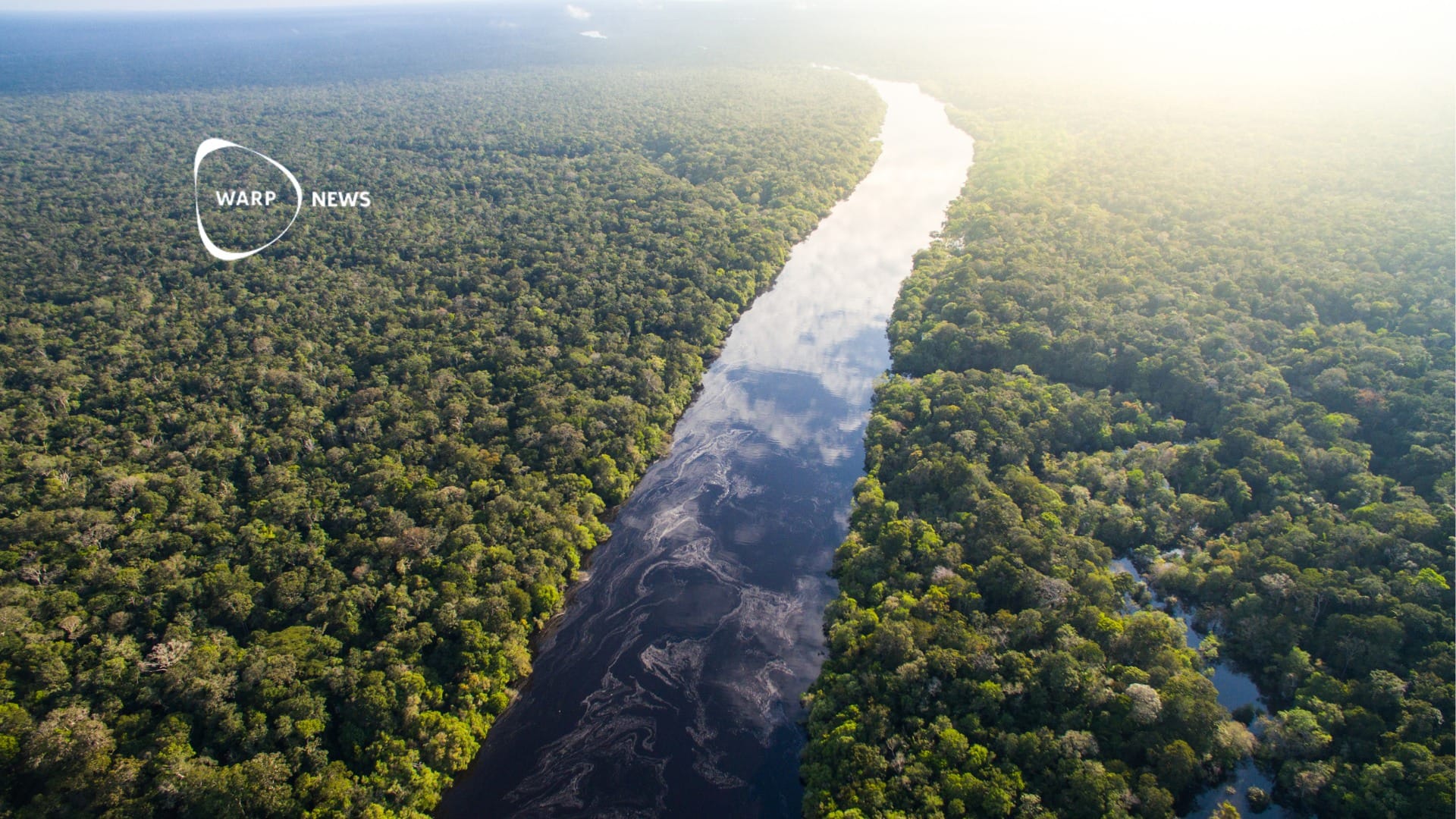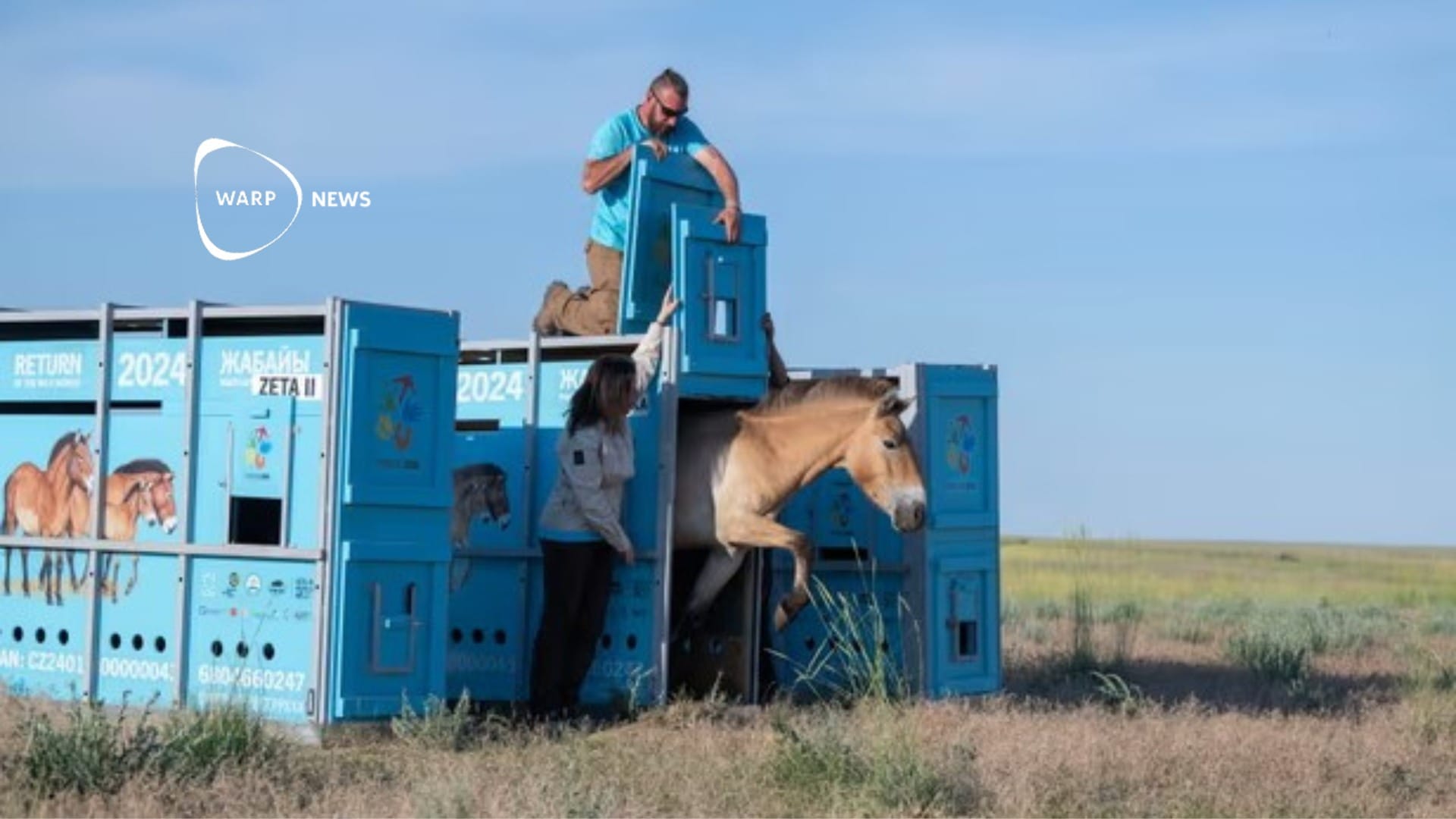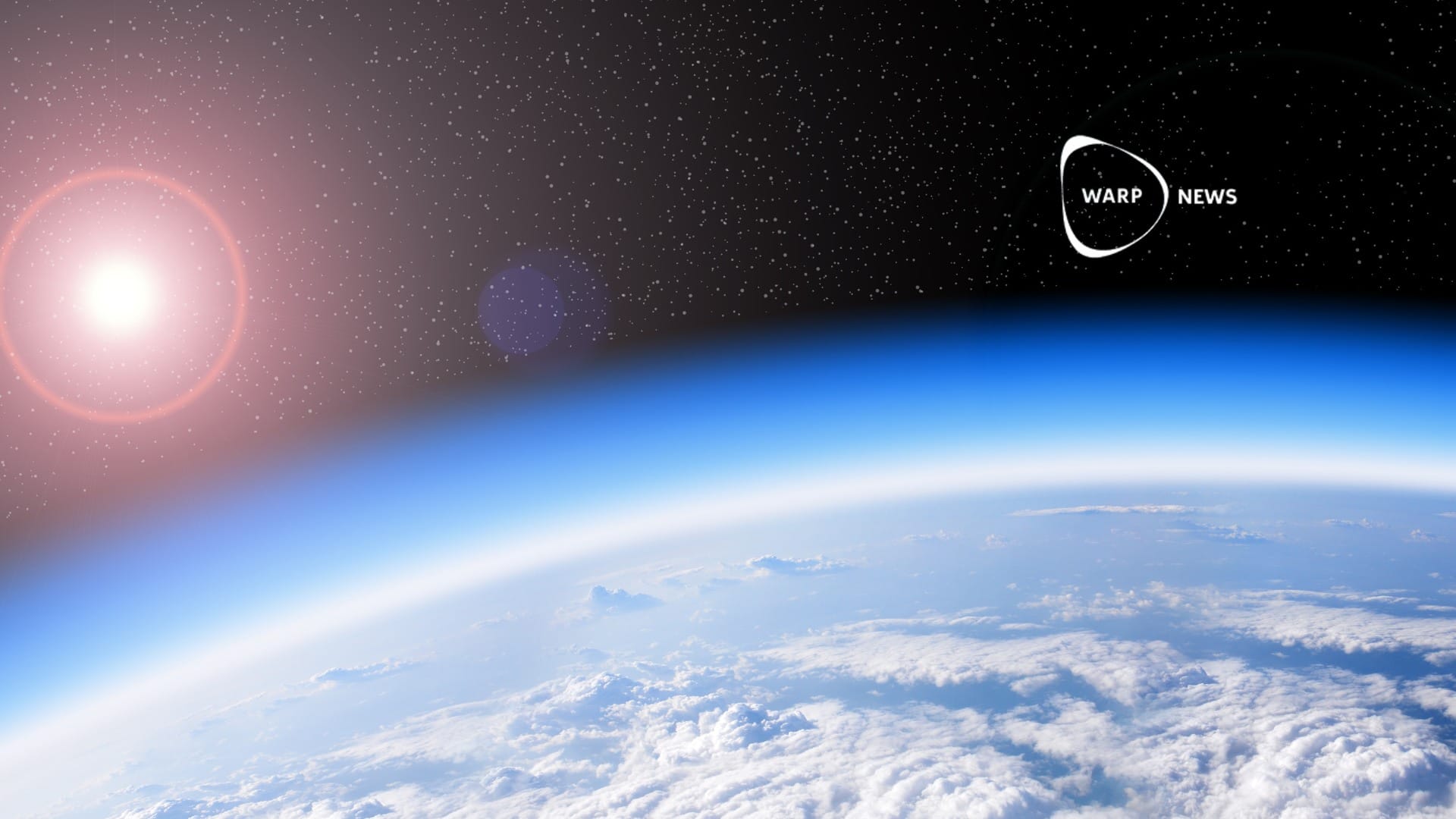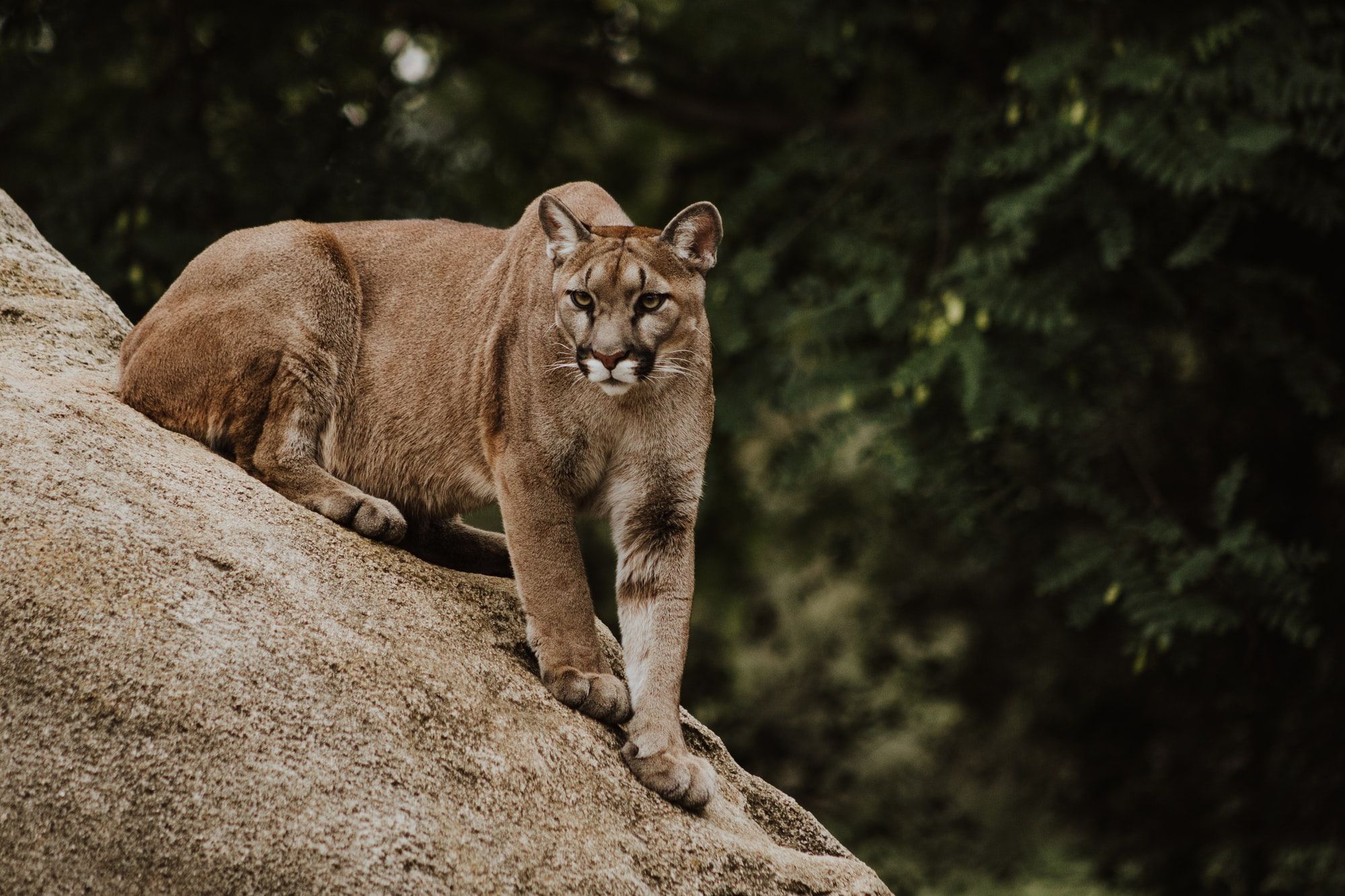
🐾 The Corona crisis can help the wildlife
While humans stay indoors during the Coronavirus advance, the animals take over cities. Researchers are investigating how anthroponosis affects wildlife and how insights can change work on future conservation.
Share this story!
Now during the Corona crisis, one third of the world's population is at home and nature and its inhabitants are given a much needed break. Researchers are investigating how the so-called anthropopause, the break in human activity during the quarantine, affects wildlife and how insights can change work on future conservation.
While people stay indoors during the Coronavirus advance, the wildlife takes over the cities, writes Positive News in an article. Such as the cougars walking on the streets of Santiago.
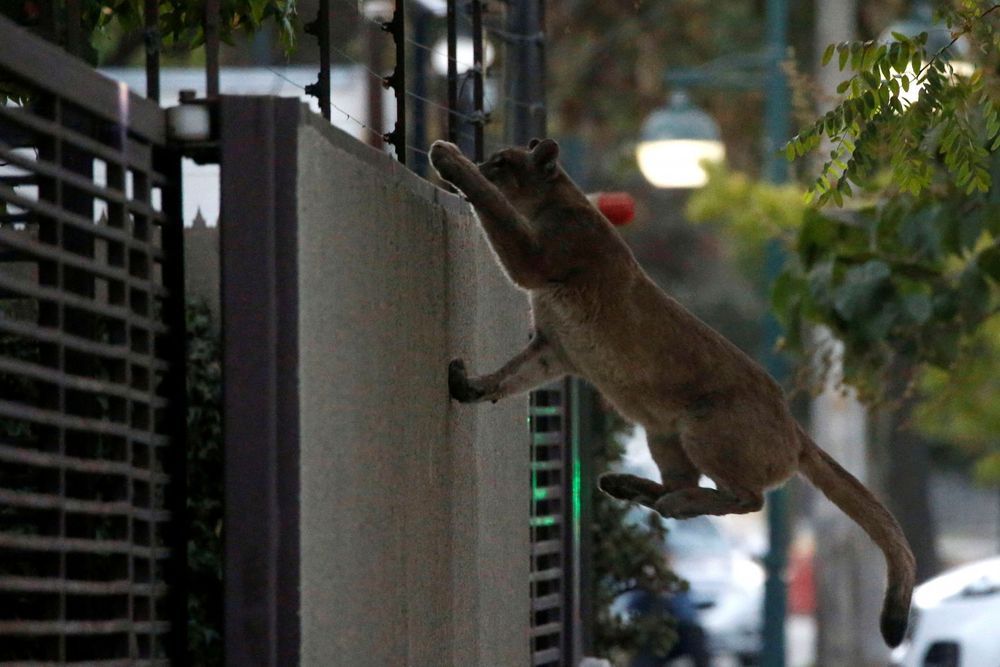
A team of international scientists are investigating how wildlife is responding to the absence of humans and the new found space on the planet. In a scientific article published in Nature Ecology & Evolution , the leaders of the study tell us that this research will hopefully give us a better understanding of how we can share space on this crowded planet. The team emphasizes that humanity cannot afford to miss this chance to chart how the decreased human mobility affects wildlife throughout the world.
The researchers formed the COVID-19 Bio-Logging Initiative, which is implemented using bio-loggers, electronic devices or tags. The researchers measured the behavior, stress level and movements of wild animals before, during and after the quarantine period.
- These bio-loggers provide us with a gold mine of information on the movement and behavior of animals, which we can now use to improve our understanding of human-wildlife interactions, in a way that benefits everyone, writes Professor Christian Rutz, biologist at University of St. Andrews, chairman of the COVID-19 Bio-Logging Initiative and lead author of the article “ COVID-19 lockdown allows researchers to quantify the effects of human activity on wildlife”
Rutz's team uses measurement results from a wide variety of animals, such as fish, mammals and birds. Professor Martin Wikelski, director of the Max Planck Institute for Animal Behavior in Radolfzell Germany, says that insights from the results will give us suggestions on how we can improve co-existence between humans and animals.
- We may find that relatively small changes in our lifestyle and transport networks can have significant benefits for both ecosystems and people, Wikelski tells Positive News .
By becoming a premium supporter, you help in the creation and sharing of fact-based optimistic news all over the world.
